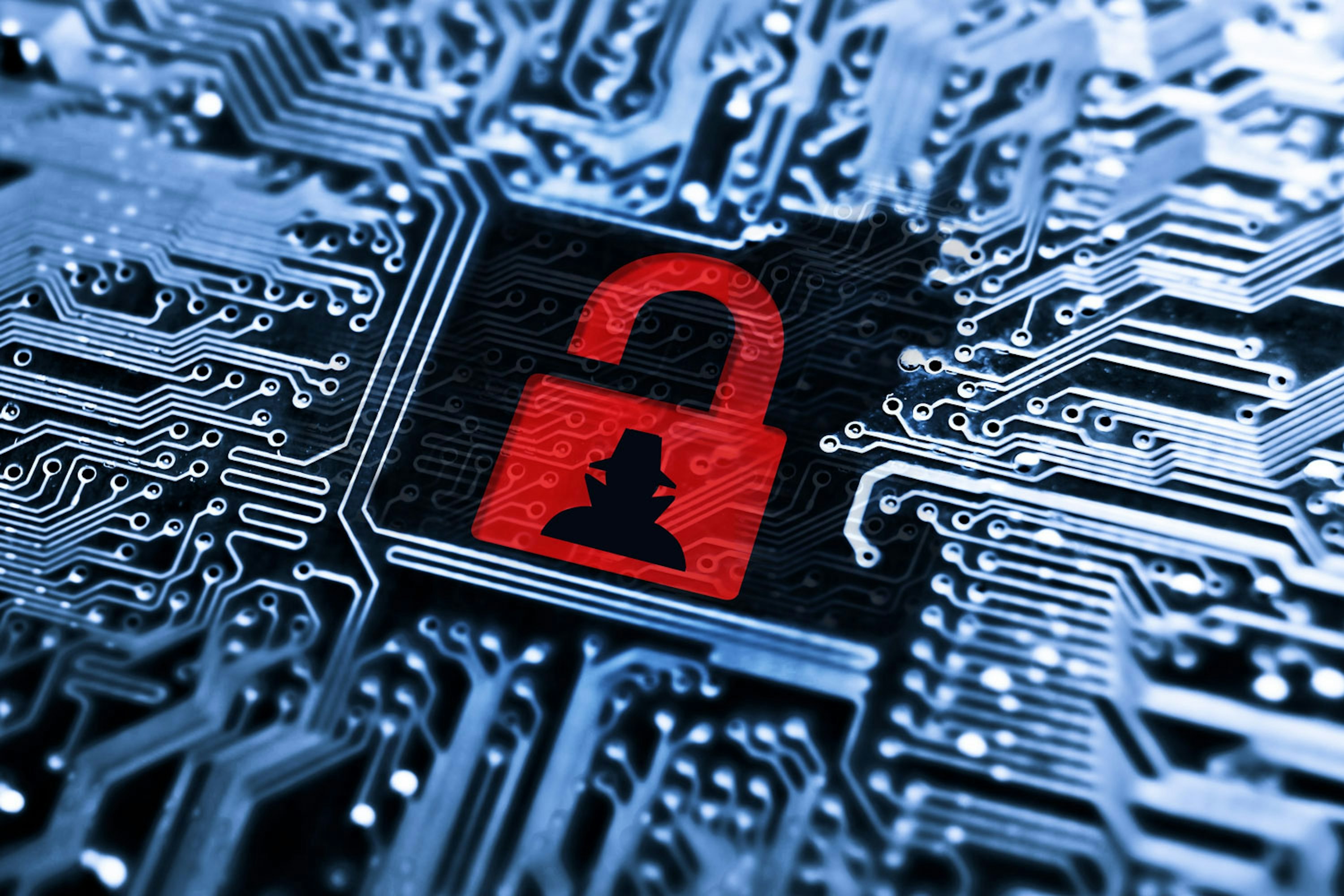- Virus corruption and loss of data
- Various third-party liability costs
- Network or business interruption

Cyber Insurance
Essential cover for businesses, offering protection against financial losses and liabilities resulting from cyber attacks, data breaches, and other online threats.
- Proactive response and research costs
- Data restoration
- Reputational repair costs

It is likely that, no matter what your business, you are reliant upon technology in some way or other. Whether you use it to store customer records, make online sales, or issue electronic documentation, it is likely to be a vital part of your organisation. If that technology fails, your business could be exposed to a gap in productivity, damage to your reputation, or even a fine.
With businesses increasingly likely to experience interruption to their business from a cyber-attack, it is more important than ever to make sure you are fully protected.
The Alan Boswell Group Difference
In insurance terms, cyber insurance is a relatively new product, but we work with market leaders in this field to find the right cover. Working in conjunction with our insurance company partners, we take the time to understand your business and your cyber risks and provide appropriate advice and guidance on protecting against this.
As an insurance broker we have access to a wide range of products, so we can provide you with the best solution for your business. Add to this service our outstanding in-house claims team and risk management solutions, and you have your ideal insurance partner.

Cyber insurance in detail
Network or business interruption
Data and software loss
Breach expenses
Liability
Reputational damage
Cyber crime
Most commercial insurance policies will exclude cyber insurance. If you handle customer data you should seriously consider obtaining cyber liability as a standalone insurance.
FAQs
Get in touch
Whether you need a quote, have a general enquiry, want to register a claim, or talk it through over the phone, we're here to help.












